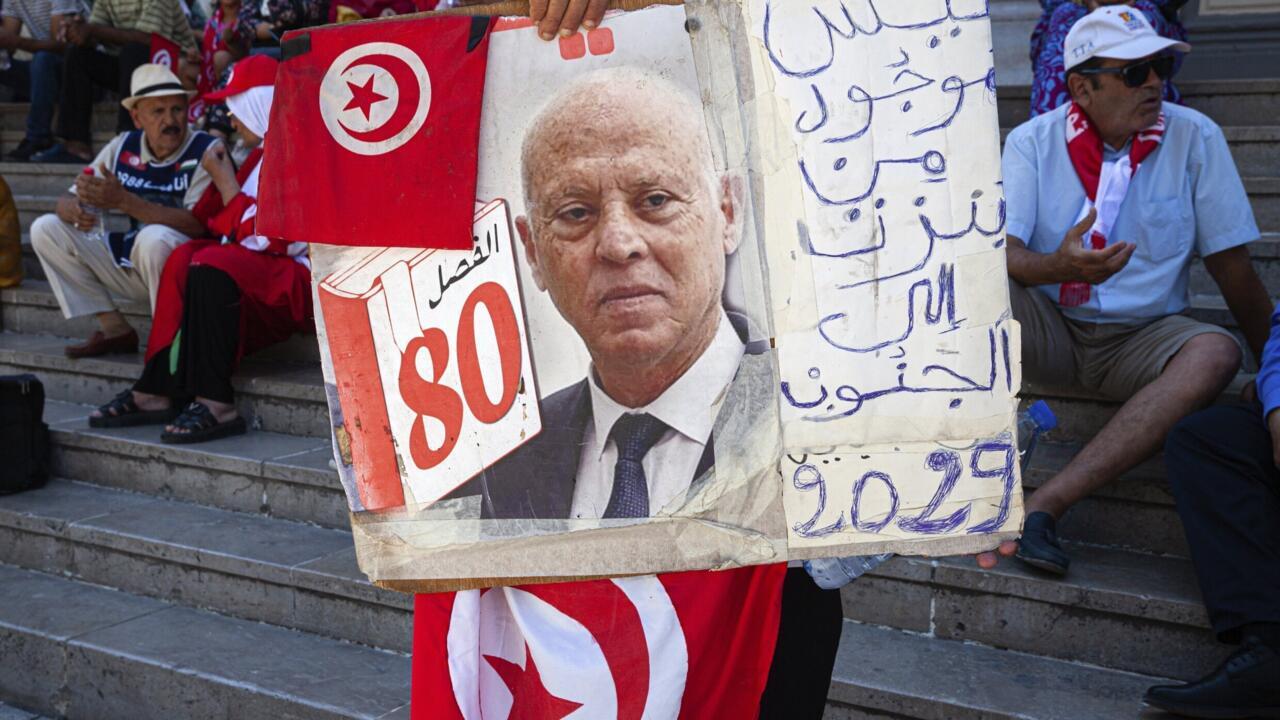
President Kaïs Saïed has reaffirmed the “irreversibility” of Tunisia’s welfare state, reiterating his commitment to social justice even as the country grapples with mounting economic and social pressures.
Speaking at the Carthage Palace on Wednesday during a meeting with Minister of Social Affairs Issam Lahmar, Saïed described the welfare state as “an irreversible choice,” framing it as a cornerstone of his political vision since assuming office.
He denounced “old policies of exclusion” that he said fueled poverty and marginalization and pledged to end illegal temporary work, while guaranteeing the rights of construction workers and rural women.
“The right to work and to decent pay,” he stated, “are not privileges but fundamental rights.”
Yet Tunisia’s socioeconomic reality paints a starkly different picture. Unemployment remains above 15%, inflation continues to erode household purchasing power, and the social security system faces chronic deficits worsened by low contributions and a large informal economy.
Public debt continues to rise, and many analysts warn that structural reforms are urgently needed to stabilize the country.
Saïed sought to link social justice with national stability, asserting that “where justice reigns, wealth grows and poverty declines.”
Critics, however, argue that his repeated declarations mask a lack of concrete measures and an increasing concentration of power that distances Tunisia from the political pluralism born of the 2011 revolution.
By invoking the “dignity of the citizen” as the foundation of national pride, Saïed appears to echo the ideals of the Arab Spring—justice, freedom, and employment.
But for many observers, the president’s social promises collide with fragile public finances, international isolation, and rising social tensions, raising the risk of escalating protests if economic hardships persist.
Tunisia now faces the challenge of translating political rhetoric into tangible reforms, as citizens wait for concrete solutions to unemployment, inflation, and an overstretched social security system.



